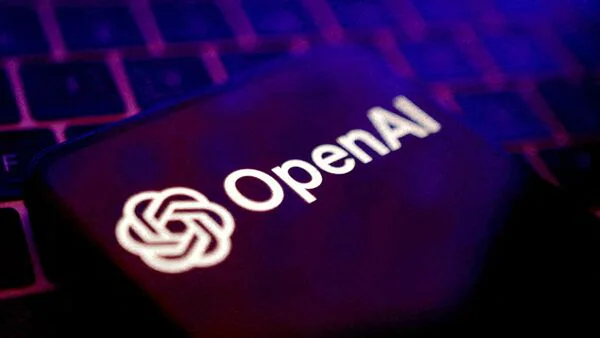OpenAI Unveils New "o1" Model: A Leap in Complex Reasoning?

In a move that has generated considerable buzz, OpenAI has announced its latest breakthrough in artificial intelligence—an advanced language model called “o1.” According to the company, the o1 model significantly enhances the complex reasoning capabilities of AI, outperforming even human experts in key technical fields like mathematics, coding, and the sciences. But should we accept these claims at face value, or is a healthy dose of skepticism in order? Let’s explore what this could mean for various industries, including digital marketing and SEO.
What Is OpenAI’s o1 Model?
OpenAI claims that its new o1 model can achieve extraordinary feats of reasoning and problem-solving. Among the more eye-catching statistics are:
- Scoring in the 89th percentile on Codeforces programming challenges, a popular platform for competitive coding.
- Ranking among the top 500 students nationally on the American Invitational Mathematics Examination (AIME), a high-level math test.
- Surpassing PhD-level human performance on a combined benchmark exam covering physics, chemistry, and biology.
These are extraordinary claims, suggesting that the o1 model may represent a significant leap forward in AI’s capacity to reason through complex problems. OpenAI credits this to its “chain of thought” process, where the model simulates human-like logic, breaks down problems step by step, and corrects its mistakes along the way.
Why Does It Matter?
From a technical standpoint, the potential implications are massive. If o1 lives up to these claims, it could transform fields that require heavy cognitive labor—think engineering, scientific research, and even legal analysis. More immediately, for those of us in the digital marketing and SEO space, o1’s reasoning skills could directly impact how AI processes and interprets data, answers user queries, and generates content.
SEO Implications: A Smarter Search Engine?
One of the key elements of SEO is understanding and interpreting search intent accurately. If o1’s reasoning capabilities extend to natural language understanding, it could improve how search engines interpret user queries, ultimately enhancing the relevance of search results. For businesses focused on digital marketing, this might mean better, more refined SEO strategies.
Imagine an AI that can sift through complex queries and deliver nuanced, context-rich answers, improving user experience and reducing bounce rates. The possibilities could be game-changing for content marketing, especially for industries requiring specialized knowledge like finance, health, or law.
The Road Ahead: Caution and Scrutiny
While the potential is undeniable, it’s important to remain cautious. OpenAI has made bold claims, but we need third-party testing and real-world applications to confirm whether the o1 model truly delivers on its promise. After all, extraordinary claims require extraordinary evidence.
OpenAI has hinted at real-world pilots of o1, which may offer us a glimpse into its practical capabilities. Until then, while it’s exciting to speculate on how this technology could revolutionize digital marketing, SEO, and other industries, it’s crucial to wait for objective, reproducible evidence.
Conclusion: A Step Towards the Future, But With a Grain of Salt
OpenAI’s o1 model could mark the beginning of a new era in AI development. Its potential applications in SEO, content creation, and user experience could reshape how we approach digital marketing strategies in the near future. However, it’s essential to remain cautiously optimistic. As with any breakthrough, the o1 model will need to prove its worth in real-world scenarios before we can fully understand its impact.
As we continue to monitor the advancements of AI, staying informed about developments like the o1 model will keep you ahead of the curve in leveraging cutting-edge technology for your business. For now, the world of digital marketing awaits to see if this model will live up to its promise.

